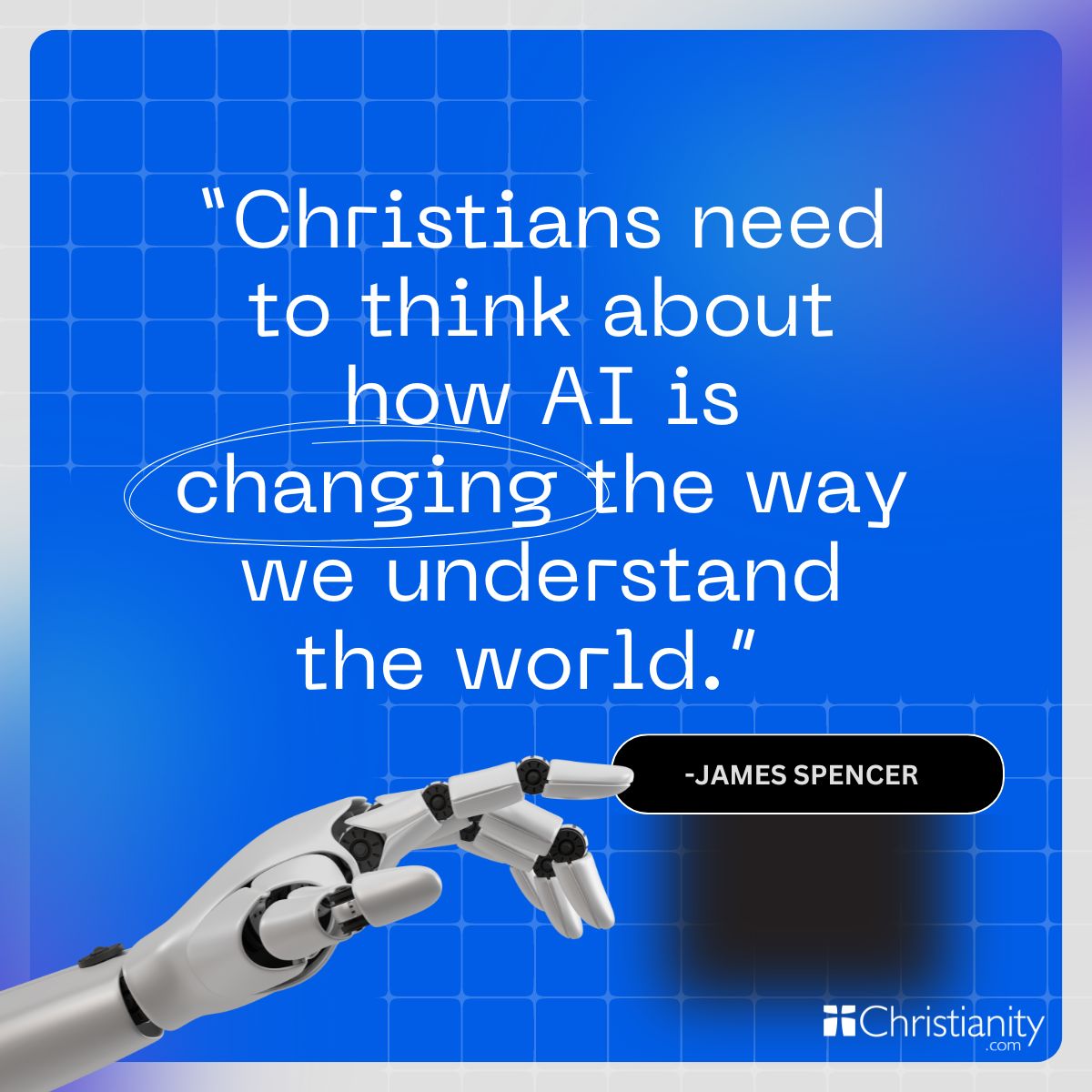While we often think about our thought (or interior) life as separate from our embodied (or exterior) life, a growing field of research, often referred to as embodied cognition, suggests that our thoughts, reasoning, and understanding are rooted in our interactions with the physical world. Our needs, the resources available to us, and the structures and people we encounter significantly influence how we think. While embodies cognition is far from a settled field of research, we would be unwise to ignore the connection between embodiment, or how we, as bodily beings, think about the world around us.
For instance, my wife and I were taking a long weekend away in Chicago. At around 10:30 pm, I suggested we walk to Lake Michigan. As we walked, my wife made the comment that walking at night wasn’t something she ever considered doing while traveling alone. For some reason, at that moment, the comment hit home. I hadn’t thought twice about suggesting a walk to the lake. I would have taken the walk by myself. As a six-foot, two-hundred-plus pound human, I don’t have the same concerns as my wife, who, by any measure, would be considered petite. Though I’m not ignorant of the dangers associated with walking in a city at night, I don’t “know” them in the same way that my wife does. Our different ways of embodying the world change the way we perceive the situations in which we find ourselves.
As a separate example, my son recently reminded me of a guided mountaineering trip we took while visiting Utah. At one point, we were led through a narrow crevice. While I’m willing to bet that the guide knew I could make it through, I was extremely uncomfortable doing so. Unlike my wife and kids who were half my weight at the time, there were moments when my chest and back were touching opposite sides of the crevice. My size was a detriment in the situation. While my family may have “felt for me” or been concerned that I would get stuck at some point, none of them “knew” that situation how I knew it.
Embodiment is one of the primary reasons that AI will never think exactly like humans.
Even though humanoid robots are more common than they are today, they won’t experience the world in the same way we do. They won’t “know” in the same way that we know. They may be able to “parrot” some of their experiences quite well, but I suspect there will always be some remainder. An AI-powered robot won’t have the same needs as we do, feel the same fears, or take pleasure in the same experiences. As such, they will remain artificial.

So what? Does it really matter that AI will have a different perspective on the world than humans? Not necessarily. If AI can “artificially” reproduce our experience such that we can’t tell the difference, it is reasonable to assume that the information it provides would not be so skewed as to be unusable. AI, if nothing else, will be good at mimicking us.
Noticing the way embodiment changes our perspective, however, isn’t just about what sort of information AI can provide. It is also about the fact that it provides it. To put it differently, AI is changing our environment. It is a new element. As such, it will impact the way we engage with the world around us. By changing our environment, it will also change the way we think. This change in thinking will likely enhance and diminish our ability to accomplish our basic human task of pointing to and glorifying the Triune God.
Christians need to think about how AI is changing the way we understand the world.
Photo Credit: ©GettyImages/Bearinmind

 By Christianity.com | Created at 2024-09-27 04:58:16 | Updated at 2024-09-30 05:21:28
3 days ago
By Christianity.com | Created at 2024-09-27 04:58:16 | Updated at 2024-09-30 05:21:28
3 days ago



